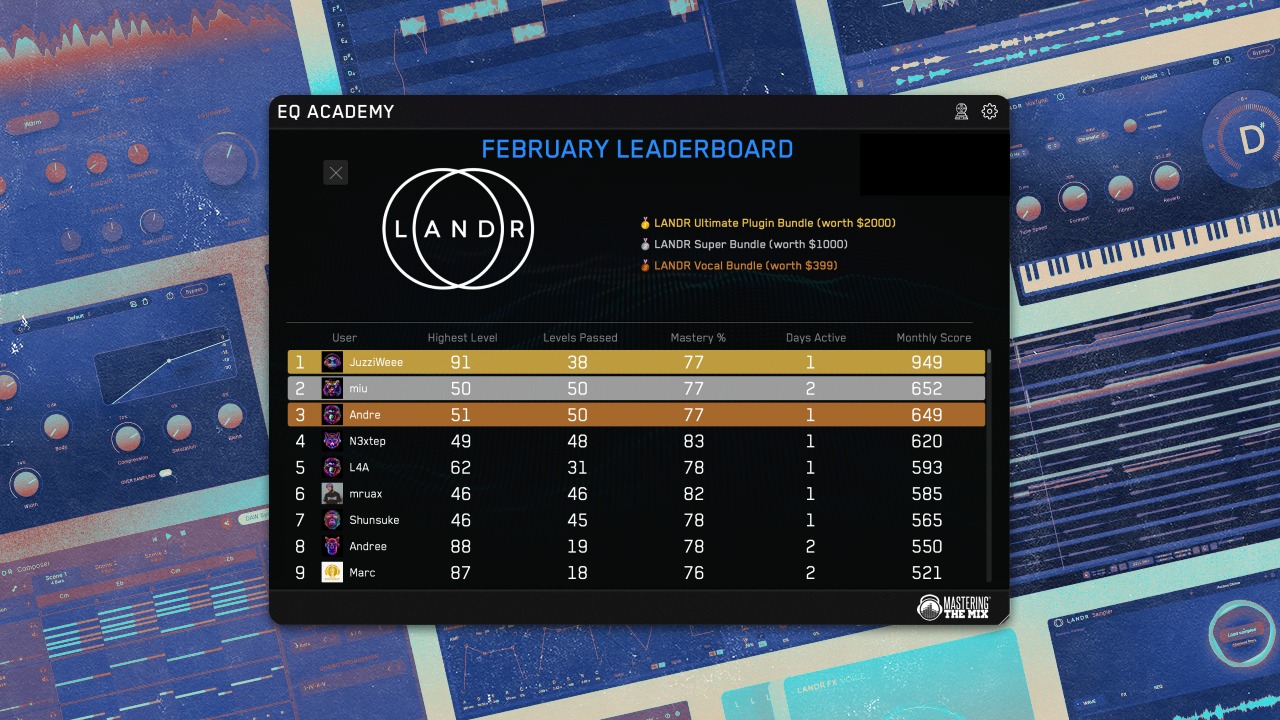
How to Write Great Song Lyrics in 5 Steps

When you’re new to songwriting, it might seem like there’s no way to know how to write lyrics for a song.
Writing lyrics is the most challenging part of the process for many songwriters, but you don’t need to be a skilled lyricist to write song lyrics that work for your music.
In fact, with a few basic lyrics writing tips and an open mind, you can get started without any prior knowledge or experience.
Here how’s how to write song lyrics in 5 steps.
How to write great lyrics
Let’s start at the very beginning. There are no concrete rules for writing great lyrics, but asking yourself what you think and care about the most is a good starting place.
Is it your relationship with your family or romantic partner? A social justice cause? A place in a fantasy world you turn to to help understand your own reality?
There are no concrete rules for writing great lyrics.
Some artists say they have trouble writing about lyrics because they don’t know what to write about. But the truth is that if you care about something, you’ll always have topics to base your lyrics on.
The trick is paying attention to your life and the world around you. Great lyrics start with music-makers getting to the heart of what they care about and writing things down.
1. Keep a journal and write as often as possible
If you don’t know where to begin, start with keeping a journal and writing down your thoughts. What you jot down at first doesn’t have to be song lyrics necessarily. In fact, what you write doesn’t even need to make sense.
Simply writing in a journal every day will get your thoughts on paper and prepare you to write lyrics. If the same ideas pop up again and again, pay close attention to them. These ideas will serve as solid foundations for your lyrics.
Not to mention that daily journaling is an excellent practice for maintaining your mental health.
2. Start with a melody, phrase or expression and experiment by setting text to music
In this step, you’ll start to attach specific words and phrases to musical ideas. The music could be anything from a drumbeat to a fleshed-out melody.
At this stage, you can use lyrical ideas taken from your journal and apply them to your music. Or, you can experiment in the moment by singing, humming, or rapping whatever comes into your head over the music.
There’s no right or wrong way to go about it, and don’t be afraid to try singing gibberish because it’s actually a great method for hearing what works and what doesn’t.
Also, looping musical ideas at this step will make your life a lot easier as a lyric writer. You’ll need to hear musical ideas over and over again to generate lyrics on the spot. Note that some artists write vocal melodies and lyrics at the same time during this process.
Your lyrics should fit naturally into the framework of your music. To make this happen, you’ll ultimately need to tweak any pre-written lyrics to match your music. Specific words can be shortened, cut, or swapped out for others to fit with your musical ideas.
3. Build a narrative
Not every song needs to feature a lyrical story, but experimenting with narratives will help teach you to write lyrics if you’re inexperienced.
Humans love stories. Storytelling is an important way we learn how to understand the world around us. If your song features a compelling story, it’ll be more likely to be listened to.
Humans love stories.
The stories you feature in your songs could be taken from your own life or told by fictional characters. The details don’t matter as long as you’re creating something engaging that people can connect with.
4. Write one part at a time
Instead of writing an entire song’s worth of lyrics all at once, try breaking it into sections. Doing this is especially helpful if you’re inexperienced and not sure how to begin.
Nailing down a verse, chorus, or bridge will give you the confidence and direction you need to complete an entire song. And since choruses often repeat throughout songs without changing lyrics, you’ll only have to write those sections once.
When you break lyrics into sections, it’s easier to hone in on and perfect your best ideas. If you find that one part of your song is stronger than the others, develop the weaker lyrics to match your best ones.
Break lyrics into sections, it’ll be easier to perfect your best ideas.
5. Don’t be too hard on yourself
This is the most important piece of advice you’ll find on this list. Writing lyrics is not easy. And, just like every other part of songwriting, it takes practice to write great lyrics.
If the first couple of lyrics you write don’t work, it doesn’t mean you’re not making progress. It takes a lot of trial and error for most songwriters to find their lyrics styles.
Keep at it, keep experimenting, keep writing things down. Eventually, you’ll find methods that work for you and a path towards connecting with your listeners through lyrics in a meaningful and intimate way.
Gear guides, tips, tutorials, inspiration and more—delivered weekly.
Keep up with the LANDR Blog.


